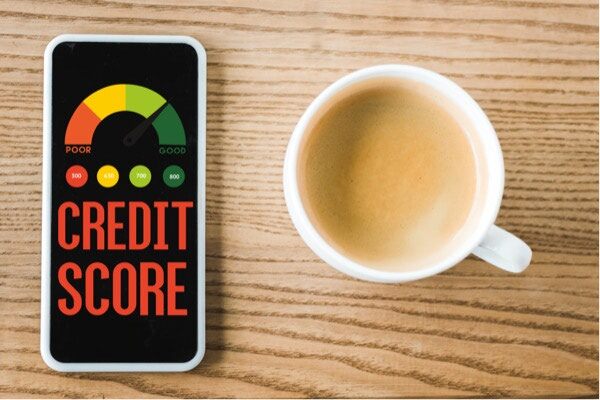How does one improve their credit score? Here are four key tips to help you build your credit profile this year.
What the Boaty McBoatface is a credit score?
Simply put, it’s a number that represents your assessed creditworthiness, the likelihood that you’ll pay your debt.
Lenders used to make decisions based on personal history with clients, and their personal bias, instead of an impartial assessment of creditworthiness; a credit score. Your face and good name were enough to qualify, with sympathetic lenders, for a loan.
Today, not so much. Your credit score determines if and how much you qualify to borrow- which is why it’s so darn-tootin’ important.
From whence does this credit score come?
The first time you apply for credit or borrow money, your credit history begins. Canada’s two major credit-reporting agencies (Equifax Canada and TransUnion Canada) keep track of your score.
Your credit score is determined by an evaluation of your credit history based upon a secret formula (no, seriously) implemented by FICO in 1989. The exact mechanics of remain a mystery, but FICO does provide the main components that factor into their calculations:
- 35 per cent payment history
- 30 per cent debt burden
- 15 per cent length of credit history
- 10 per cent types of credit used
- 10 per cent recent applications for credit
Payment history: Records of late paid bills, bankruptcy, liens, judgments, settlements, charge-offs, repossessions, foreclosures, and late payments can cause a score to drop.
Debt burden: The amount of debt, debt to limit ratio, accounts with balances, and amounts owed across varying types of accounts. Also, amounts paid on installment loans are all considered in calculating your score.
Length of credit history: The average age of all accounts on a credit file, as well as the age of the oldest account. The firms will consider both in the credit score calculation.
Types of credit used: A history of managing different types of credit (installment, consumer finance, mortgage) can benefit consumers positively in credit score determination.
Recent applications: Frequent applications can negatively impact your score.
And so, in conclusion…
Gather ye rosebuds while ye may
The best time to check your credit score and take action towards improving it was when you began your credit history. The second best time is now.
Your personal credit report is easy, freely obtained, as is information about improving your score.
It’s never too late to change the way you view and handle your finances, or transform anxiety into empowerment.
And hey, if you’re still feeling lost in the weeds, drop this guy a line- he’s been leading clients to personal credit reform & homeownership for a decade. If he’s not your guy, he knows a guy.
And if you have any more questions, feel free to contact us!


